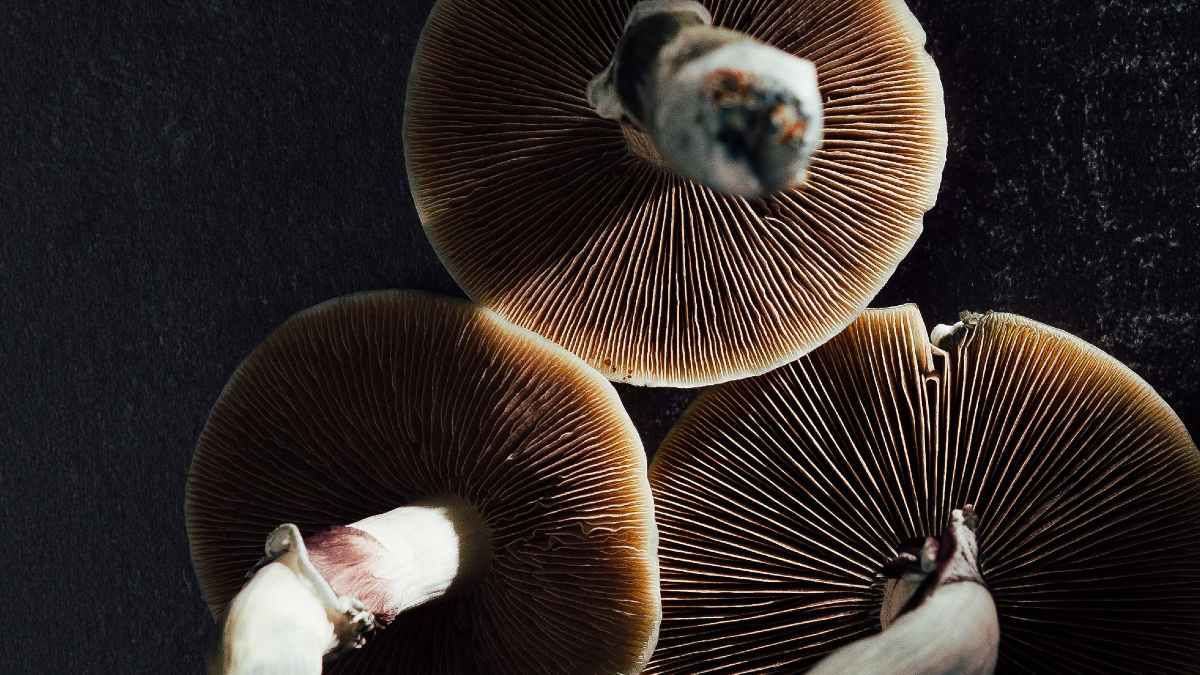
What You Should Know Before Buying Into The Hype Of Microdosing
Microdosing psychedelics to enhance cognition and mood is trendy, but do we understand how it works?

By Jourdan Travers, LCSW | February 4, 2023
Many people who come to therapy are curious about the therapeutic effects of microdosing psychedelics. They ask questions like:
- "Some of my colleagues regularly microdose and seem to be sharper and more productive while at work. Is this just a placebo effect or is there something more to it?"
- "How can I determine if microdosing is appropriate for me and my current mental health status?"
- "Are there any long-term effects associated with microdosing that I should be aware of?"
In recent years, the trend of microdosing psychedelics has become increasingly popular. Microdosing refers to taking a sub-perceptual dose of a psychedelic substance, usually in the range of 1/10th to 1/20th of a full recreational dose. This means that the individual will not experience the full psychedelic effects, but may still feel subtle changes in mood, energy, and cognitive function.
Many people are turning to microdosing as a way to enhance their productivity, creativity, and overall well-being. However, as with any substance, it's important to understand the potential risks and benefits before making the decision to microdose.
Here are two things to consider before you decide to experiment with microdosing.
#1. The science is young and murky
Research on microdosing psychedelics is in its early stages and there is still a lot that is not understood about the effects and potential benefits of this practice. While some evidence suggests that microdosing can lead to increased focus, creativity, and well-being, there is a lack of conclusive and rigorous scientific research to support these claims.
Take, for example, this study published in the academic journal Nature. It explores the use of microdoses of psychedelic substances, specifically psilocybin, and their effects on mental health and wellness among a sample of self-selected microdosers and non-microdosers. The study found that psychedelics, when used at sub-perceptual levels, could potentially improve depression, anxiety, and stress.
Despite the large sample size of about 9000 participants, the study has key limitations. For one, participants were self-selected and the question the researchers used to determine whether participants were microdosers or non-microdosers was this: Are you currently engaged in a regular practice of microdosing?
Notice that the term 'microdosing' is not clearly defined. A lack of control is a common challenge in research on psychedelics due to their classification as Schedule I controlled substances in the United States. This classification makes it difficult to conduct controlled studies and limits our understanding of their effects.
The results of research investigating the therapeutic benefits of psychedelics should be interpreted with caution. More research, particularly longitudinal studies, is needed to increase confidence in the generalizability of such promising findings.
#2. Inconsistencies in regulation and standardization pose additional challenges
Psychedelic drugs are still largely illegal and unregulated. As a result, the black market is often flooded with substances that mimic safer psychedelics.
An example of such an alternative is NBOMe. Since the 2010s, there is evidence that the compound has been sold as LSD to unwitting users. The danger here is that NBOMe use, as highlighted in a 2020 study, is known to be harmful, toxic, and, in some cases, fatal.
It is essential that people be aware of the risks associated with microdosing, especially when the substance is unknown or obtained through unregulated sources. This is not only due to the unknown purity or dosage of the substance, but also to the potential of consuming a completely different, and potentially dangerous, substance.
The best way to protect oneself is to avoid taking unregulated substances altogether.
Currently, psychedelic therapy is only legal in a few places, including some U.S. states for specific medical conditions under the supervision of a licensed healthcare provider. Many cities and states are also decriminalizing the possession of psychedelics and working to legalize them for therapeutic use, but access to psychedelic therapy is still limited.
Conclusion
Microdosing psychedelics is a trend that is gaining popularity, but it's important to approach it with caution. While there may be some potential benefits, there are also risks involved. Before deciding to microdose, it's important to consult with a healthcare professional, understand the laws in your area, and be aware of any potential negative effects. Remember, microdosing is not a substitute for professional medical treatment or therapy.
